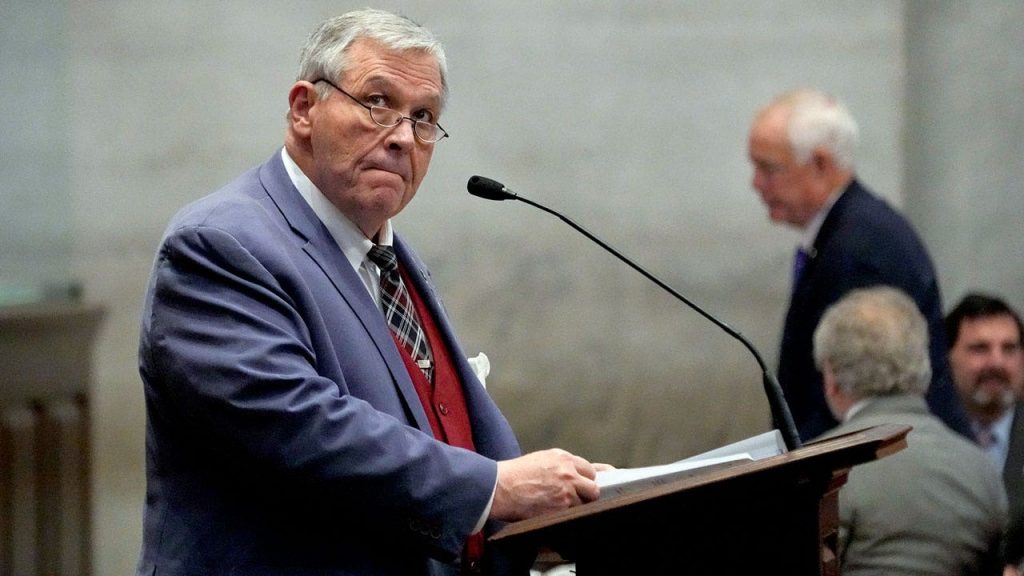Tennessee’s Republican-controlled House blocked legislation that would have prohibited local governments from paying for reparations for slavery. The bill, originally introduced nearly a year ago, had initially passed the Republican-controlled Senate but was put on hold due to other controversies. Interest in the bill resurfaced as state leaders were replacing the board members of Tennessee State University, the state’s only publicly-funded historically Black university. Critics argue that the state’s white GOP leaders have historically mistrusted Black local leaders.
Amidst increasing fallout from the Tennessee State University board replacement, House members were hesitant to debate the reparations bill. Although the bill was briefly discussed on the House floor, support for it remained unclear. Ultimately, the bill was tabled and effectively killed for the year, with nearly 30 Republicans joining House Democrats in doing so. The bill’s sponsor argued that reparations advocates want to take money from future generations to atone for past actions, a notion he found unfair.
The push to ban reparations consideration in Tennessee gained traction after Shelby County, the state’s most populous county, announced plans to spend $5 million to study reparations for descendants of slaves. This decision came in response to the fatal beating of Tyre Nichols by police officers in January 2023. Similar efforts to ban reparations have been seen in other states, though not all have been successful. A Florida lawmaker proposed a constitutional amendment to ban reparations payments, while a Missouri bill would ban any spending on reparations based on race, religion, and other factors.
Some states, such as California, New Jersey, and Vermont, have taken a different approach by choosing to study reparations. In Tennessee, the House’s decision to table the bill reflects a broader national debate over whether reparations are an appropriate form of redress for historical injustices. The bill’s defeat highlights the challenges faced by advocates for reparations in confronting long-standing opposition and misconceptions about the issue. The decision also underscores the broader tensions around race, history, and justice that continue to shape political debates in the United States.













